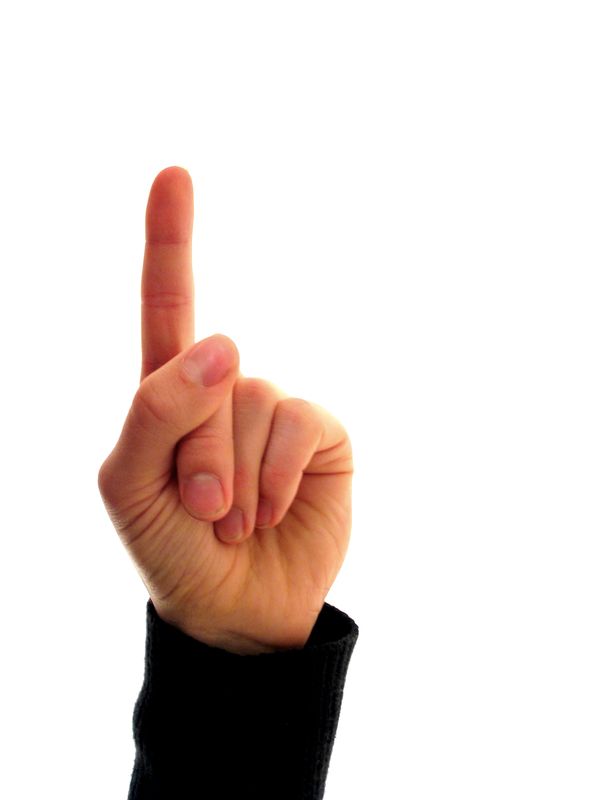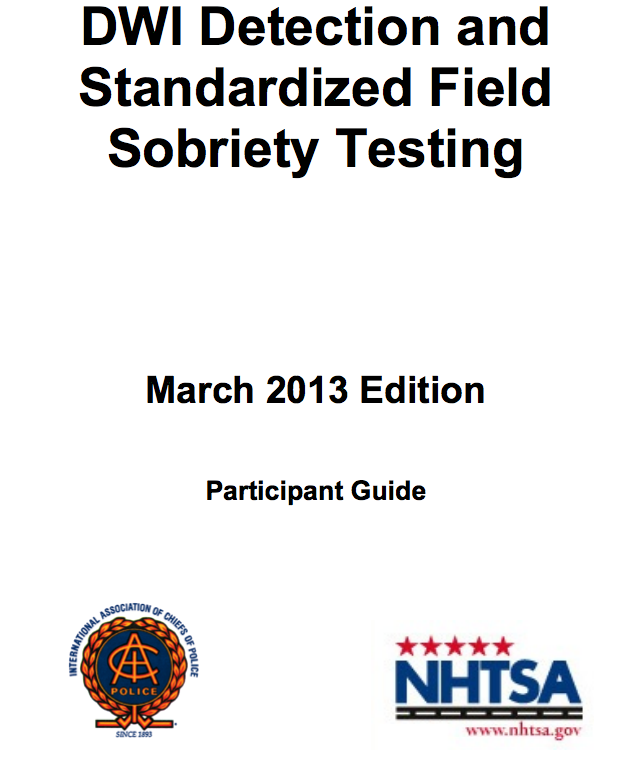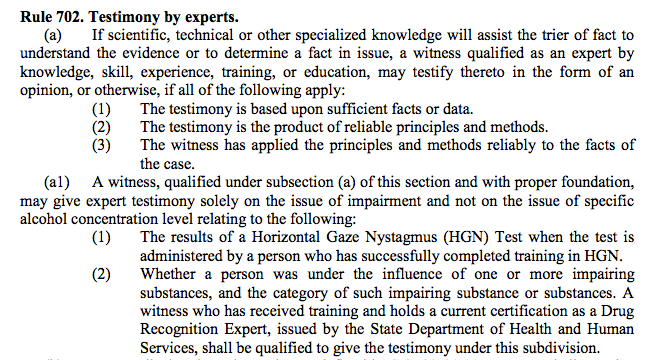
What are DWI Dexterity Tests? Are There Clues of Impairment? What is the Eye Test for DWI Charges?
Standard National Highway Traffic Safety Administration NHTSA Tests include:
- Horizontal Gaze Nystagmus
- One Leg Stand
- Walk and Turn / Heel to Toe
DWI cases are a complicated, carry long-term consequences, and require careful examination of dexterity testing – Danny Glover
What is the HGN? What is the “Follow the Pen or Finger” Test?
Often a client accused of DWI will tell me that the officer asked them to “follow a pen” or “follow their finger”, and, invariably, the client then tells me that s/he did great on that test.
However, that test is not merely about whether a person can actually follow the pen or finger with their eyes. Instead, the test is called the Horizontal Gaze Nystagmus (HGN) test.
It is one of three standardized field sobriety tests approved by the National Highway Traffic Safety Administration (NHTSA).
See More: What to Expect in DWI Court

See More: SFST Manual
Basically, nystagmus is an involuntary jerking of the eyeball that occurs because of a disturbance of the vestibular (inner ear) system.
Horizontal gaze nystagmus HGN is the lateral or horizontal jerking when the eye gazes to the left or right. Research has shown that, among many other causes, alcohol consumption can hinder the ability of the brain to correctly control eye muscles, therefore causing the jerk or bounce associated with HGN.
The jerking or bouncing of the eyeball, i.e. the nystagmus, can become more pronounced with higher degrees of impairment. This jerking or bouncing is what is being tested for during the horizontal gaze nystagmus HGN test.
In the next article in this series, I will describe and show exactly how the test is to be administered.
During the test, the officer is looking for a certain clues. Those clues include:
- Lack of smooth pursuit, meaning that the officer is looking to see if the eyeball can follow the stimulus smoothly from left-to-right and right-to-left.
- Distinct and Sustained Nystagmus at maximum deviation, meaning that when the eyeball follows the stimulus to the far left or right, does the eyeball twitch quickly while gazing at the stimulus to the far right or left.
- Onset of Nystagmus prior to 45 degrees, meaning does the eyeball start quickly jerking or twitching before the eyeball follows the stimulus 45 degrees to the right or left.

Pursuant to Rule 702(a) and (a1) of the North Carolina Rules of Evidence, only a properly trained expert witness who has successfully completed HGN training can testify in court as to results of the HGN test and the person’s impairment.
In State v. Godwin, the North Carolina Court of Appeals recently ruled:
“In accordance with Helms, therefore, Rule 702(a1) requires that before a witness can testify as to the results of an HGN test, he must be “qualified as an expert by knowledge, skill, experience, training, or education.” See Helms, 348 N.C. at 580–81, 504 S.E.2d at 294–95. If the witness is so qualified and “proper foundation” is established, the witness may “give expert testimony” as to the HGN test results, subject to the additional limitations in subsection (a1). N.C. Gen. Stat. § 8C-1, Rule 702(a1) (emphasis added). Namely, the expert witness may testify “solely on the issue of impairment and not on the issue of specific alcohol concentration,” and the HGN test must have been “administered by a person who has successfully completed training in HGN.” Id. (emphasis added).”
See More: State v. Torrence
This means that only properly trained officers, who perform the HGN test properly, can testify in court about the results of the HGN test.
Both of our attorneys at Glover Law Firm have been trained on the administration of the Horizontal Gaze Nystagmus test.
This means that we know exactly how the test is to be administered, performed and interpreted, and we have successfully prevented untrained officers from improperly testifying about HGN test results in numerous DWI cases in Northeastern North Carolina.
 North Carolina Criminal Law Updates
North Carolina Criminal Law Updates





